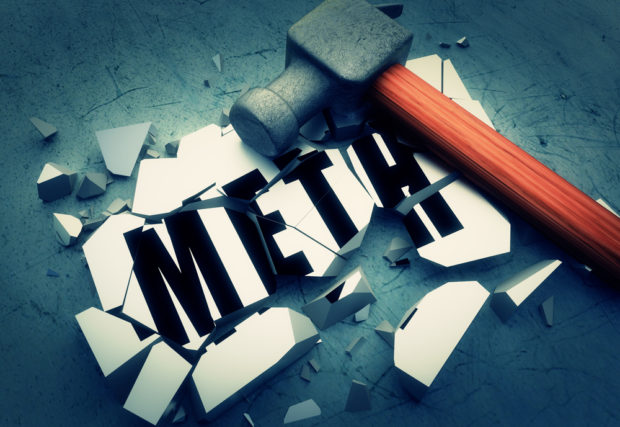Recreational drug use is often perceived as a harmless or occasional indulgence by many individuals. However, the reality is far more complex and dangerous. The use of recreational drugs carries significant risks, including the potential for addiction, which can lead to severe physical, mental, and social consequences. Understanding these risks is crucial for making informed decisions and for seeking addiction treatment when necessary.
Recreational drug use is fraught with numerous risks, many of which can have long-lasting and devastating effects.
Addiction and Dependency
One of the most significant risks of recreational drug use is the development of addiction. Many recreational drugs have addictive properties that can lead users to develop a dependency. Addiction occurs when the brain’s reward system is hijacked by the substance, creating a compulsion to use it despite harmful consequences. This compulsion can lead to a cycle of use that is difficult to break without professional addiction treatment.
Physical Health Risks
Recreational drug use can lead to a wide range of physical health problems. For instance, stimulant drugs like cocaine and methamphetamine can cause cardiovascular issues, including heart attacks and strokes. Opioids and depressants can lead to respiratory depression, which can be fatal. Long-term use of marijuana has been linked to respiratory issues and cognitive impairment.
Mental Health Issues
Many recreational drugs can exacerbate or trigger mental health issues. For example, heavy marijuana use has been associated with increased risks of anxiety, depression, and psychosis. Hallucinogens can cause lasting psychological disturbances, such as hallucinations and paranoia. Stimulant use can lead to severe anxiety, paranoia, and aggression.
Social and Legal Consequences
The social and legal consequences of recreational drug use can be severe. Individuals may face legal issues, including arrest and incarceration, which can impact their careers and personal lives. Additionally, drug use can strain relationships with family and friends, leading to social isolation and increased stress.
The Importance of Addiction Treatment
Recognizing the risks of recreational drug use underscores the importance of addiction treatment. Effective treatment can help individuals overcome their dependence on substances and rebuild their lives.
Detoxification
The first step in addiction treatment is often detoxification, which involves clearing the substance from the body. This process can be challenging and may require medical supervision to manage withdrawal symptoms safely.
Preventing Recreational Drug Use
Prevention is a crucial aspect of addressing the risks associated with recreational drug use. Education and awareness programs can inform individuals about the dangers of drug use and promote healthier lifestyles.
Education Programs
Education programs in schools, workplaces, and communities can provide valuable information about the risks of drug use and the benefits of staying drug-free. These programs can empower individuals to make informed decisions and seek help if needed.
Healthy Alternatives
Promoting healthy alternatives to drug use, such as sports, arts, and other hobbies, can reduce the appeal of recreational drugs. Engaging in positive activities can provide natural rewards and fulfillment, decreasing the likelihood of substance use.
Early Intervention
Early intervention is key to preventing the escalation of drug use. Recognizing the signs of substance abuse and providing timely support can prevent the development of addiction. This intervention can involve counseling, support groups, and other resources to address the underlying issues contributing to drug use.
Keep an eye for more latest news & updates on Gossips!




